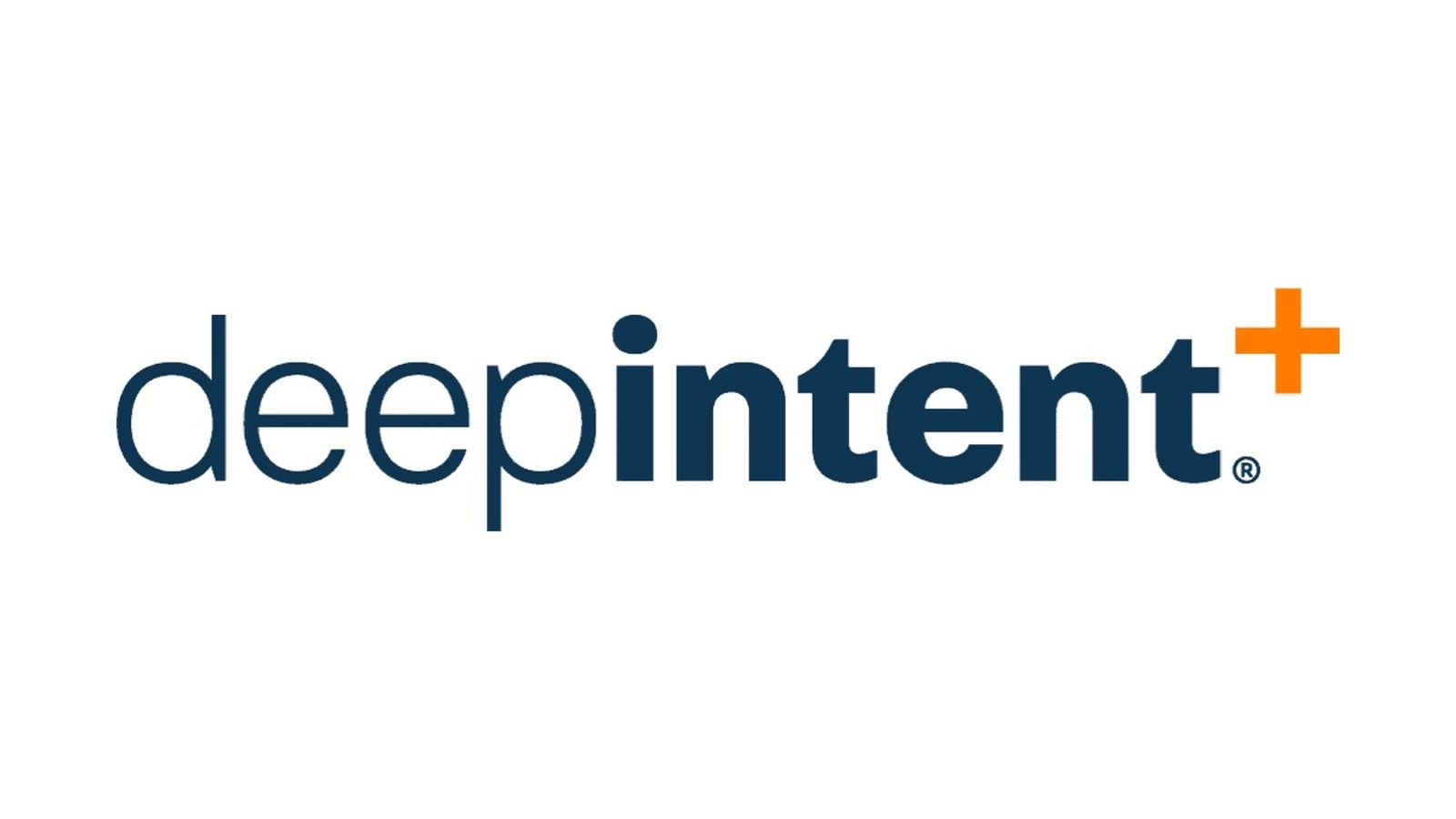First, a confession. Growing up, I did my math homework first because I saw it as the least interesting. It wasn’t so much that I hated it or found it too difficult, but I knew that the sooner I finished, the sooner I could settle into reading a book for English class or sketching something in my journal. So, if my bias against math is apparent, I apologize. The thing is that lately I’ve been thinking about the role of algorithms in my life, and I can’t tell how I feel about them.
I know algorithms are everywhere. Every social media site is using some sort of algorithm to figure out what I like and give it to me. Recently I pulled up my home page on Pinterest and found links to a mug made with Amaco glazes, paintings by Vincent Van Gogh and Odilon Redon, an article about developing 21st century thinkers, an article about saving money by shopping at Aldi, and a pair of L. L. Bean boots. Based on my search history and pins, the Pinterest algorithms had correctly guessed that I am a frugal art teacher living in chilly northern New England. This is accurate, and as I scrolled down, I found more things that I liked – a tutorial on pouring acrylic paint, a recipe for a dirty chai coconut latte, DSW sneakers, paintings by Henri Le Sidaner, and a rainbow puffer jacket. It was almost like the internet knew me.
Heading over to Amazon, it was the same story. They found me some salted Dutch licorice (an acquired taste), an ultra-light travel backpack, and a guidebook to Portugal. I’d like to say that I’m an independent thinker who isn’t swayed by advertising, but I bought two of the three.
Still, the site that really got me thinking about algorithms was Pandora. Last March, Pandora started providing personalized soundtracks to anyone subscribing to Pandora Premium. Each soundtrack is based on a mood, and they claim that their “in-house curation team” (which, let’s be honest, is definitely an algorithm) will choose songs just for you. It is updated each week on Wednesday, and you can specify the mood you want. I picked happiness.
So, can their algorithm make me happy? Actually, it does a pretty good job. Each week, they serve up a combination of high-energy songs, some recent, but also lots of old stuff from when I was in high school. In other words, the Backstreet Boys are back. And since music is basically a time machine, when I hear those songs I’m back on a school bus riding to a cross country meet with my round metal lunch tin full of CDs perched on my lap. It is 1999, I don’t know what my credit score is because I don’t have one, and life is just a little more carefree than it is now that I’m an adult.
So, maybe that’s the answer: algorithms can make us happy! They can figure out what we already like, or what we used to like, scramble it up so that it feels random and new each week, and make us feel known and understood, like the in-house curation team really gets us. We can say, “I want it that way”, and then groove to the music.
But before I settle on that answer, I want to indulge in a little more nostalgia. The CD collection in my metal lunch tin contained pop music, of course, but there was other stuff too, stuff that no algorithm would have ever found for me. At one point, I was doing a project on South Africa, and my teacher told me to research music from that country, so I rode my bike down to Holland CD (a brick and mortar store) and asked them if they had anything. They sold me a CD of the choral group Ladysmith Black Mambazo. I also had some CDs that were given to me as gifts, including a collection of 1,000 years of sacred music (starting with a Gregorian chant), given to me by my parents. And then there was the CD of contemporary Christian music (by a band whose name I don’t remember) that landed in my lap when I was in chapel and the pastor started tossing CDs out into the crowd in an attempt to connect with the youth.
None of those CDs made their way into my regular rotation or gained me any popularity points. They didn’t fit the curatorial criteria of teenagers in the early aughts, and they wouldn’t show up in any of my Pandora stations now. But they existed, and in owning them I had some sense of the geographical and temporal narrowness of the rest of my collection. As they jangled around in the lunchbox, they hinted to me that I might be living in a bubble.
One of the most frightening aspects of our algorithm-filled world is that we don’t get very many of these hints. We only see the things that the algorithms pick for us, and so we start to think that our bubble is all there is. In the wake of the unexpected result of the 2016 election, many liberals, myself included, were shocked. We didn’t see the people who supported Donald Trump, at least not very clearly, because our social media feeds were full of support for Hillary Clinton. This is because our social media algorithms pay attention to what we click on. Recently I used a Google Chrome extension called PolitEcho to create a chart of the political leanings of the people who show up most in my Facebook newsfeed. While I have friends on both sides of the political spectrum, the posts that show up in my newsfeed the most are all from my liberal friends because those are the ones I tend to click on.
In fact, the only time during the run-up to the election that I thought maybe Trump had a chance was when I talked to my sister in Michigan on the phone and she told me how many Trump signs she had seen around the state. She also told me about a couple people I had known and liked growing up who she was confident were planning to vote for Trump. For a brief, bubble-popping moment, I wondered if I wasn’t seeing the whole picture, but then I said goodbye and forgot about it.
All of this leads me to wonder if we need to step away from the algorithms and do something both radically new and embarrassingly old-fashioned: ask another person in real life for a recommendation. See what newspaper articles your dad has been reading lately. Let a librarian help you find a book. Listen to your roommate’s music. Go shopping with your little sister and try on an outfit she thinks would look good on you. If you’re really feeling brave, talk to someone at the edge of your social group, someone whose perspectives tend to be different from your own. Let them suggest the next movie you watch or podcast you subscribe to. In other words, recognize that you already have an in-house curatorial team. You don’t have to agree with them all the time, and in fact you probably shouldn’t, but they are the real people in your life whose opinions you will bump up against eventually anyway. And unlike algorithms, many of them genuinely care about your happiness.
The happiness algorithm: our unique way of creating happy teams
Businesses measure their success through various KPIs – developing a highly successful innovative product, revenue increase, profit increase etc. However, they often forget one KPI that is invisibly linked to all of the above and overturns the KPIs – Happiness. At Resolute Software, things look differently! We are honoured to be among the best places to work for the second year in a row!
The recognition is awarded by the Danish AI company Heartcount, which measures the happiness of teams worldwide. Throughout the year, the company conducts surveys among hundreds of organizations’ employees to establish the perfect satisfaction coefficient.
How did we become a People-First company again? Get to know the reasons here:
Happiness can be measured
Did you know that happiness can be quantified? To come up with the most accurate happiness rate, one should focus on components and calculations intended to assess job satisfaction against objective criteria.
A major contribution to the scientific methodology for measuring happiness is made by the Danish researcher Alexander Kjerulf, whose ideas are implemented in the Heartcount surveys.
While researching organizations globally, Kjerulf realizes that salary, benefits, and bonuses are only a small part of the satisfaction pyramid. More important is the feeling of self-progress and personal satisfaction with achieving the results. Also, very highly ranked is the sense of autonomy and the freedom to work in your way without speechlessly performing tasks imposed by the management.
Third, sound relationships with colleagues and a truly friendly attitude are far from being achieved through team building only.
LG’s Experiment with Social Media Positivity
Dive Brief:
LG Electronics has launched a global campaign, “Optimism your feed,” meant to support consumers in bringing more positivity to their social media experience by encouraging them to engage with more uplifting content, according to a press release.
Key to the campaign is the “Optimism your feed” playlist, a compilation of influencer-backed original content that, when viewed, is meant to more pull positive content into a users’ social feed. The playlist is currently available on TikTok and YouTube.
LG is also consulting with social media experts for the effort, which is part of its larger “Life’s Good” campaign introduced last year. The move is supported by a brand-commissioned survey indicating that, despite its benefits, social media is also a source of anxiety.
Dive Insight:
LG is attempting to boost the positivity on social media with its latest campaign, an effort that is supported by a global survey which found that almost half of respondents (45%) have a social media feed that consists of an equal or greater amount of negative content than positive content. Additionally, 28% of respondents reported that negative content on their social feeds has increased their anxiety.
Inspired by the role algorithms play in the content fed to social media feeds, LG’s “Optimism your feed” playlist offers up a slew of positive videos that, when interacted with, are intended to boost the amount of uplifting content pulled into a consumer’s feed. The playlist was made in collaboration with global influencers including Tina Choi, Victoria Browne and Josh Harmon — each regarded for their positivity — and includes over 20 short-form videos ranging from motivational to feel-good content.
The move is part of LG’s larger “Life’s Good” campaign launched last August in an effort to inspire people to view life through a more optimistic lens. The campaign also served to introduce LG’s more dynamic and youthful brand identity, which was unveiled last April. Together, the efforts could help the brand build loyalty among younger demographics, like Gen Z, as their spending power grows.








Leave a Reply